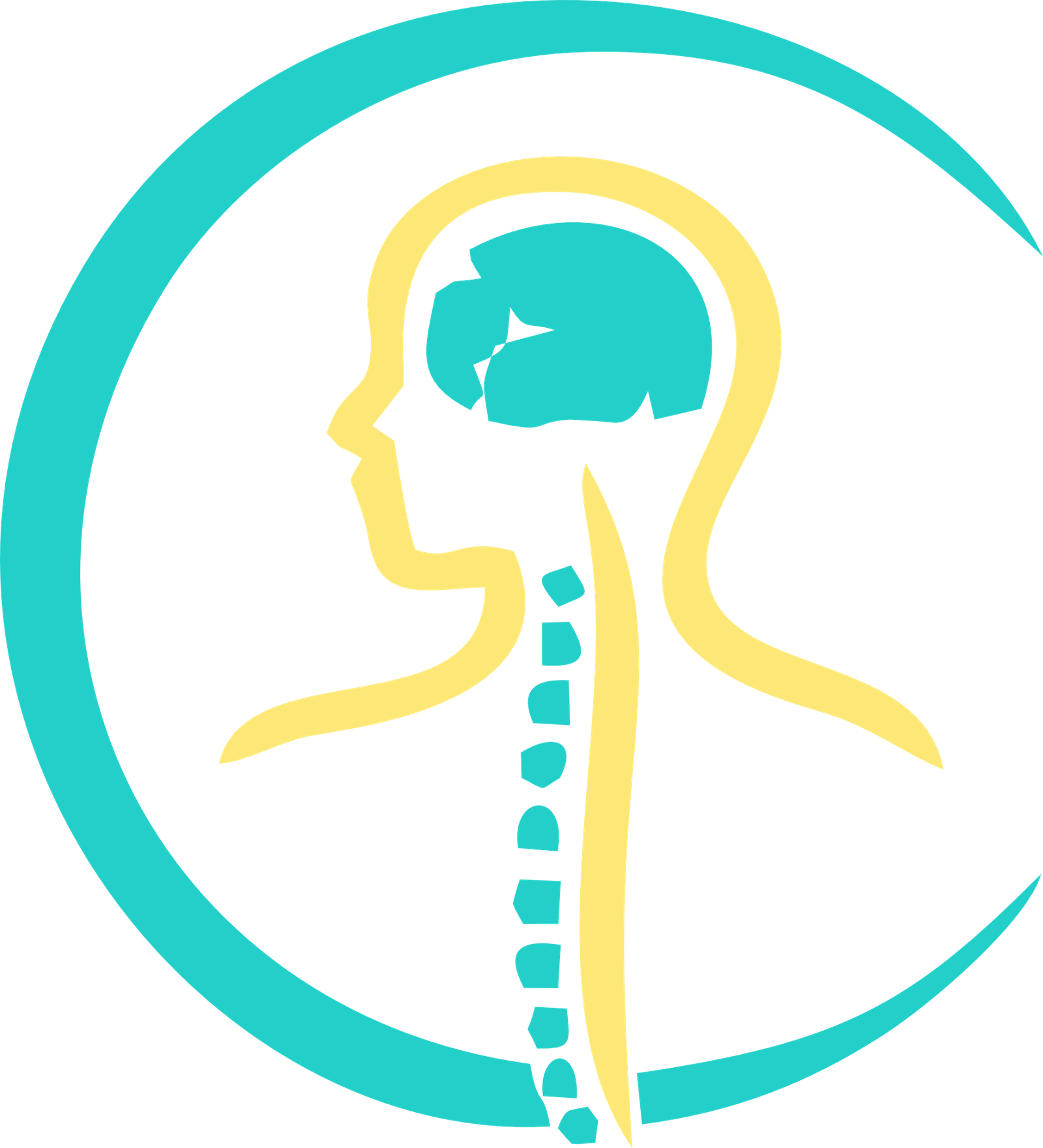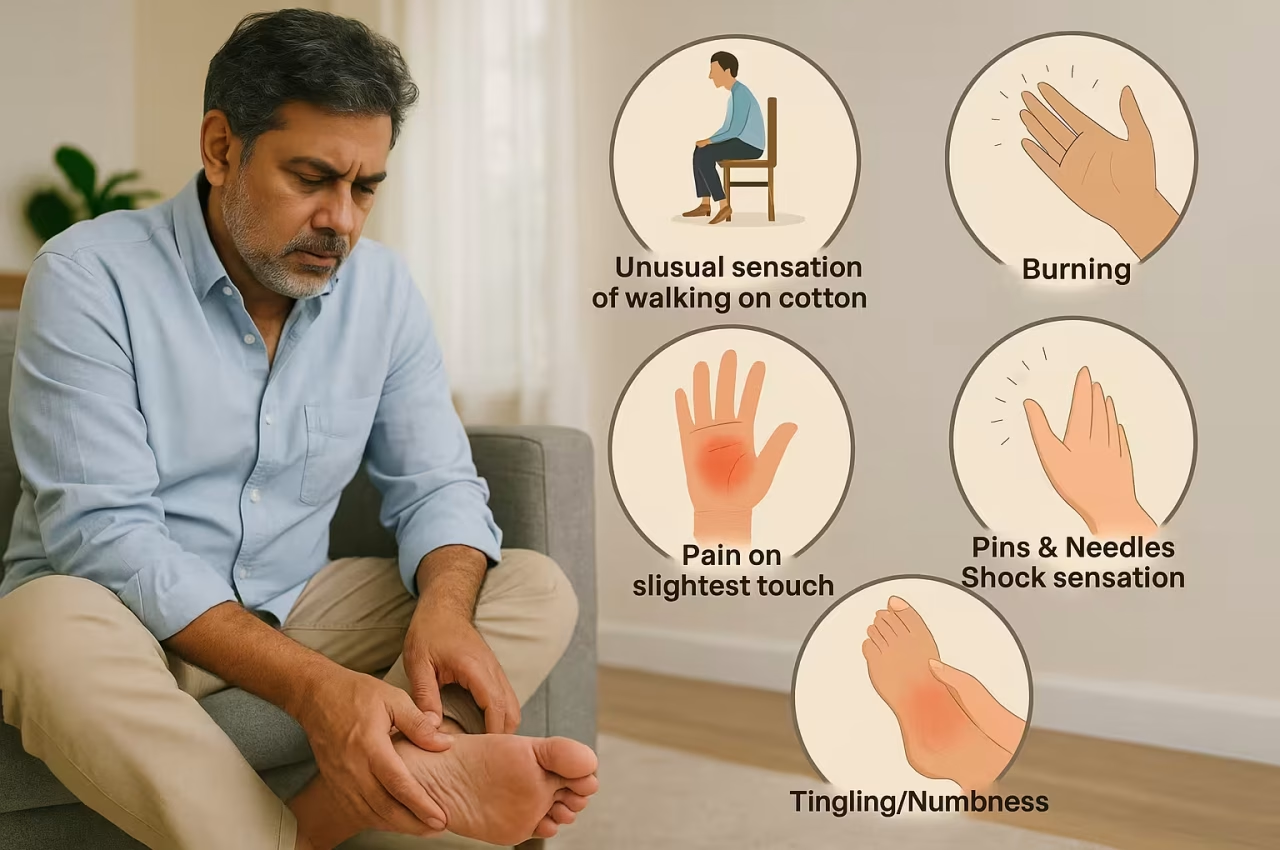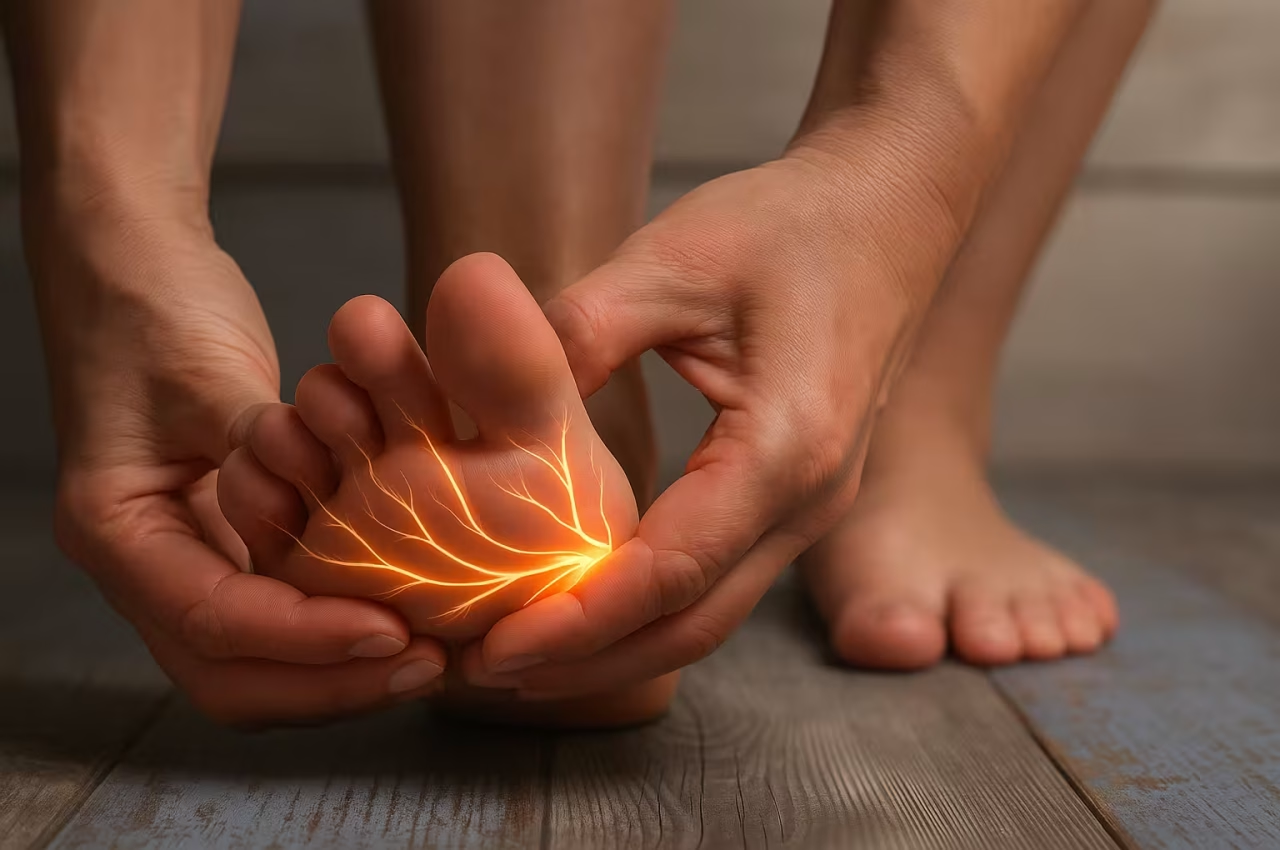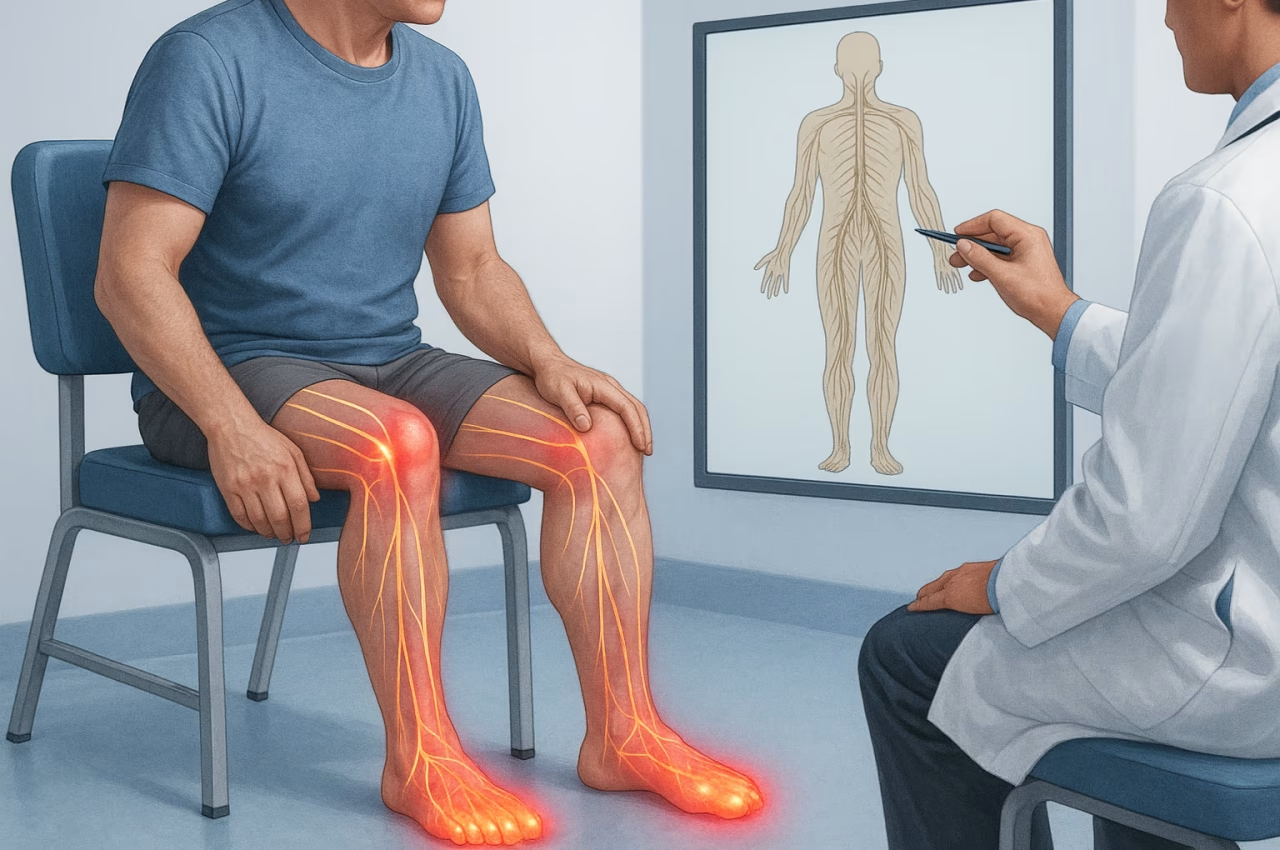“I don’t have diabetes. Then why do my feet tingle and burn at night?” This is a common question patients ask in neurology OPDs across Panchkula. While diabetes is the most common cause of nerve damage, it is not the only one. Many people without diabetes also develop peripheral neuropathy, and the reasons may surprise you.
Peripheral neuropathy means damage to the nerves outside the brain and spinal cord. It often begins in the feet and hands, spreading upwards with time. A report by the National Institute of Neurological Disorders and Stroke (NINDS) highlights that over 100 conditions can cause peripheral neuropathy. In India, lifestyle habits, vitamin gaps, and medication use are key triggers.
Explore next: Neuropathy Explained: Causes, Symptoms, and Treatment Options in Panchkula
What Is Peripheral Neuropathy?
Peripheral nerves control sensation, movement, and body functions. When these nerves are damaged, signals between the brain and body are disrupted, leading to symptoms like:
- Tingling or pins-and-needles feeling
- Burning or stabbing pain
- Numbness or loss of sensation
- Muscle weakness
- Poor balance
While diabetes remains the top cause, there are several non-diabetic causes every patient should know.
Non-Diabetic Causes of Peripheral Neuropathy
1) Vitamin Deficiencies
Vitamin B12 deficiency is one of the leading causes in India, especially among vegetarians and people on long-term acidity medicines. Lack of B12 damages the myelin sheath that protects nerves, leading to tingling and weakness.
Explore next: Vitamin Deficiency and Nerve Pain — The Hidden Link
2) Alcohol Overuse
Alcohol is toxic to nerves and also interferes with nutrient absorption. Regular heavy drinking can lead to alcoholic neuropathy, often showing as burning feet and unsteady gait.
3) Thyroid Disorders
Low thyroid (hypothyroidism) slows metabolism, which in turn affects nerve repair and function. Patients may feel tingling, fatigue, and muscle cramps.
4) Kidney and Liver Diseases
When kidneys or liver don’t clear toxins effectively, they build up and damage nerves. This type of neuropathy is common in chronic kidney disease patients.
5) Medications
Certain medicines, especially chemotherapy drugs, antibiotics like metronidazole, and some antivirals, are known to cause neuropathy as a side effect.
6) Infections
Viruses like shingles, HIV, and even post-COVID complications can inflame nerves and cause neuropathy symptoms.
7) Autoimmune and Genetic Conditions
Diseases like lupus, rheumatoid arthritis, or inherited disorders can also lead to nerve damage.
Why It’s Easy to Miss in Panchkula Patients
Unlike diabetes, where patients expect complications, people without diabetes rarely think of neuropathy. In Dr. Anurag Lamba’s clinic, many patients initially blame:
- “Bad shoes” for burning feet
- “Weakness” for numbness
- “Overwork” for balance issues
Unfortunately, by the time they seek medical help, the condition has already advanced.
How a Neurologist Diagnoses Non-Diabetic Neuropathy
Diagnosis includes:
- Blood tests — vitamin B12, thyroid, kidney, and liver function
- Nerve conduction studies (NCS) and EMG — to measure electrical activity
- Neurological exam — reflexes, sensation, coordination
- Imaging if compression or injury is suspected
“Every numb foot is not diabetes. Neuropathy has many faces — and each needs a different treatment plan.” — Dr. Anurag Lamba
Treatment Options
The first step is to remove or treat the cause. Key approaches include:
- Correcting deficiencies — Vitamin B12 injections, nutrition counselling
- Lifestyle changes — reduce alcohol, balanced diet, exercise
- Medication — nerve pain medicines if needed
- Physiotherapy — to improve strength and balance
When to See a Neurologist
If you are not diabetic but have:
- Persistent tingling, burning, or numbness
- Weakness or frequent stumbling
- Foot wounds that don’t heal
- Dizziness or bladder problems with nerve symptoms
Don’t ignore it. A neurologist can pinpoint the cause and prevent further nerve damage.
Final Word
Peripheral neuropathy is not just a “diabetic problem.” From vitamin gaps to alcohol and thyroid issues, there are many triggers. The good news: with early detection and timely treatment, nerve health can be protected. If you have ongoing symptoms in Panchkula, consult Dr. Anurag Lamba for expert care.
Related Neuropathy Guides
- Neuropathy Explained: Causes, Symptoms, and Treatment Options in Panchkula
- Vitamin Deficiency and Nerve Pain










